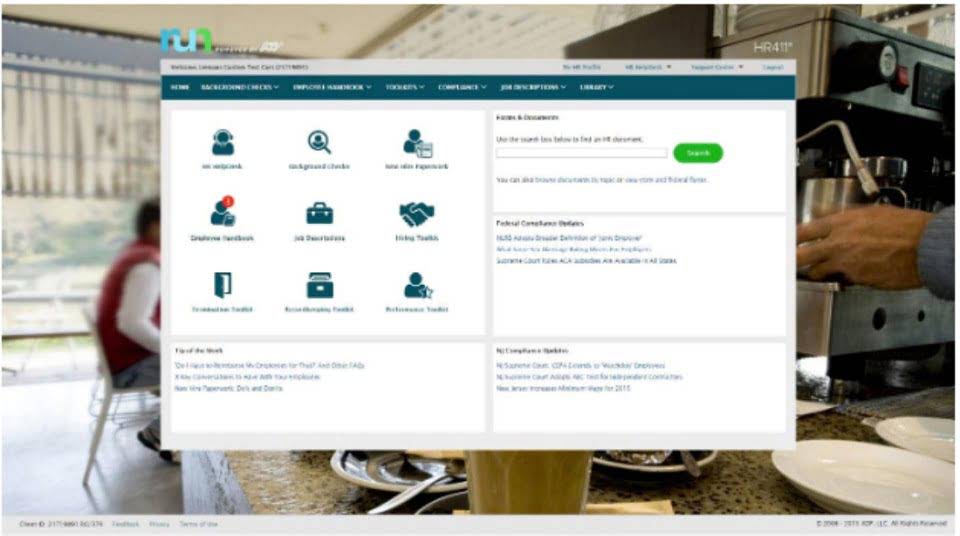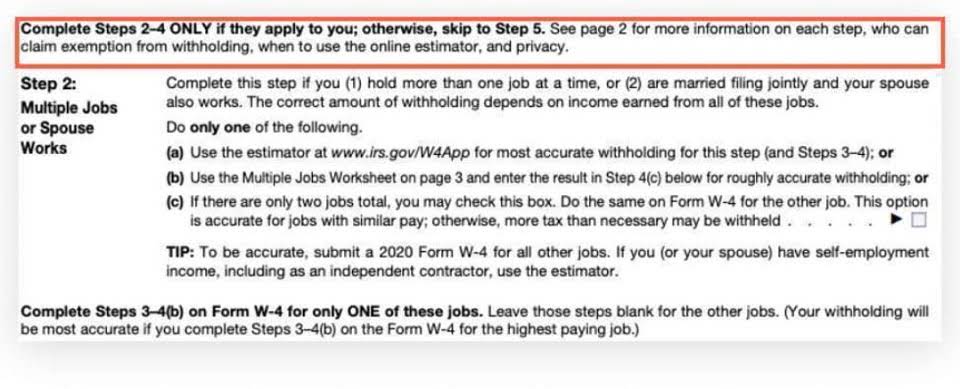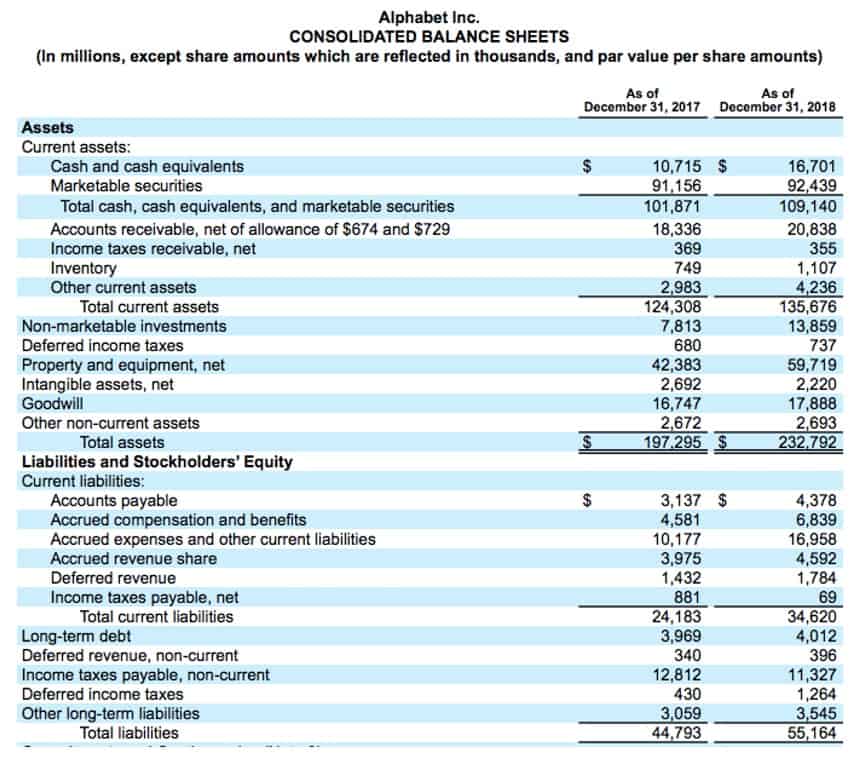
It’s a good idea to have an accountant/CPA to file your startup’s tax returns and interact with state tax agencies. Monthly accounting help is great for funded startups, but DIY accounting may work for many pre-funded companies. Scaling a startup is hard work – but scaling financial and HR backend systems shouldn’t be.
Want More Helpful Articles About Running a Business?
That really doesn’t reflect reality, because you still need to deliver that service for the rest of the year. With accrual accounting, https://www.bookstime.com/ you would recognize $10,000 of that revenue each month. The remainder would stay on your balance sheet as deferred revenue.
Financial statements
Businesses can change from cash to accrual accounting during this stage and once they grow beyond this figure. Read about some of our expertise on our tech startup industry page. It is used as a proxy for cash flow while being focused on the income statement. For example, you will hear bankers, private equity investors, and those kind of folks use EBITDA as a proxy for cash flow. This is when you take your financial model or projections and compare them every month to your actual results. For example, you compare your accounting numbers versus your projection numbers.

Resources for Your Growing Business
- All it takes is good software, smooth workflows, and some smart accounting advice for startups.
- The drawback is that, as with putting personal purchases on your credit card, it’s easy to lose track of how much your new company is spending.
- Accounting Seed offers a comprehensive, Salesforce-based software system that can do any accounting-related task.
- The same is true for revenue, where you’ll have to factor in price increases and the number of customers marketing will generate each year.
- It’s also a good idea to consult with a tax professional to ensure that all applicable deductions are being taken and to avoid any potential tax issues.
Finally, consider investing in professional advice from an accountant who understands small businesses’ needs when it comes to managing their finances correctly – especially during tax season. To determine if a travel expense can be written off, a business owner should accounting and bookkeeping service for startups keep detailed records of all expenses related to the trip, including receipts, invoices, and travel itineraries. It’s also a good idea to consult with a tax professional to ensure that all applicable deductions are being taken and to avoid any potential tax issues.
- This will help ensure that all transactions are accounted for in a consistent manner.
- You need a startup accounting expert to support you through processes like this.
- Liabilities represent debts that you owe like mortgages, short term debts, and income taxes.
- This is an opportunity to find errors by checking to see if the debits and credits match by totaling both up.
- What we need to dispel are the myths you probably have in your head of what accounting for startups is and is not.
- Closely tracking these numbers is critical for keeping accurate financial records.
- It’s just as important to reconcile your credit card statements as it is your bank statement.
- You can also hire an experienced bookkeeper or accountant for your business, or just outsource the entire process.
- There are many alternatives out there, but the best all-inclusive accounting software for your startup is Deskera.
Performing a cash flow forecast (where you estimate cash coming in and out based on previous performance) will help you anticipate and plan for any shortages and surpluses and adjust as needed. These articles and related content is the property of The Sage Group plc or its contractors or its licensors (“Sage”). Please do not copy, reproduce, modify, distribute or disburse without express consent from Sage.These articles and related content is provided as a general guidance for informational purposes only.
Get Help from a Professional Accountant
Salvage Value – A Complete Guide for Businesses








